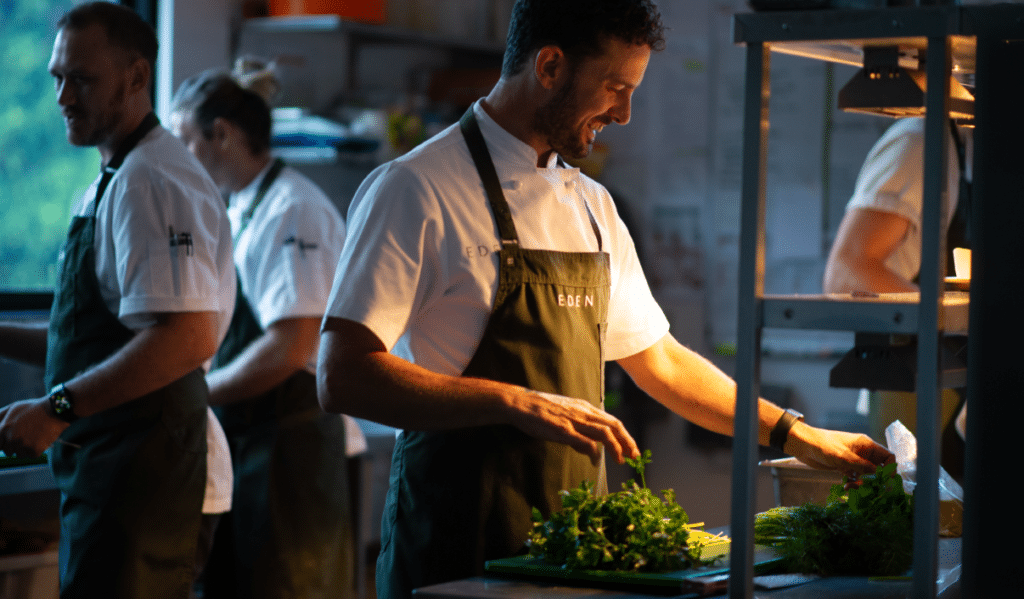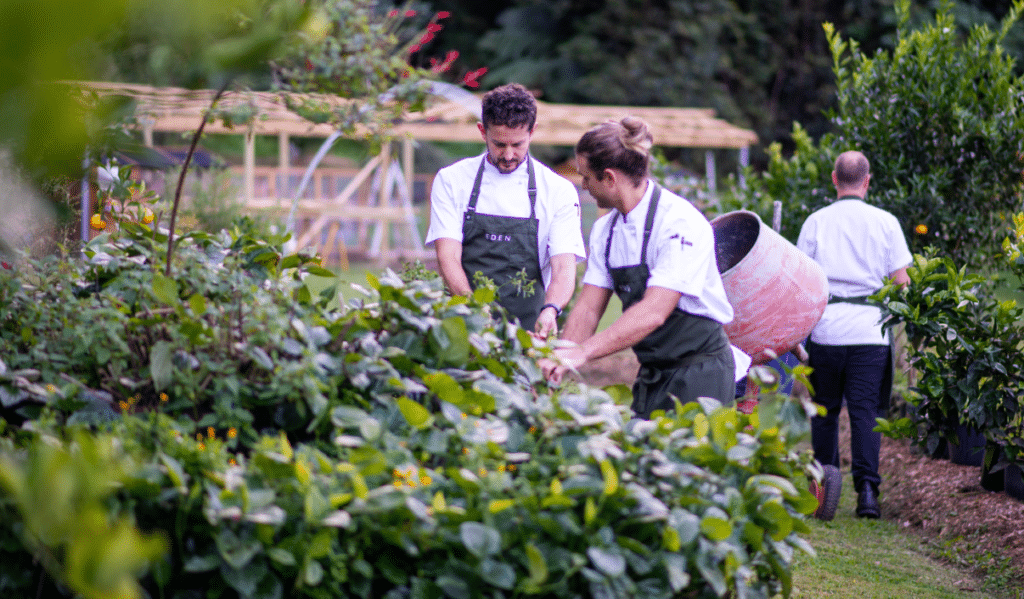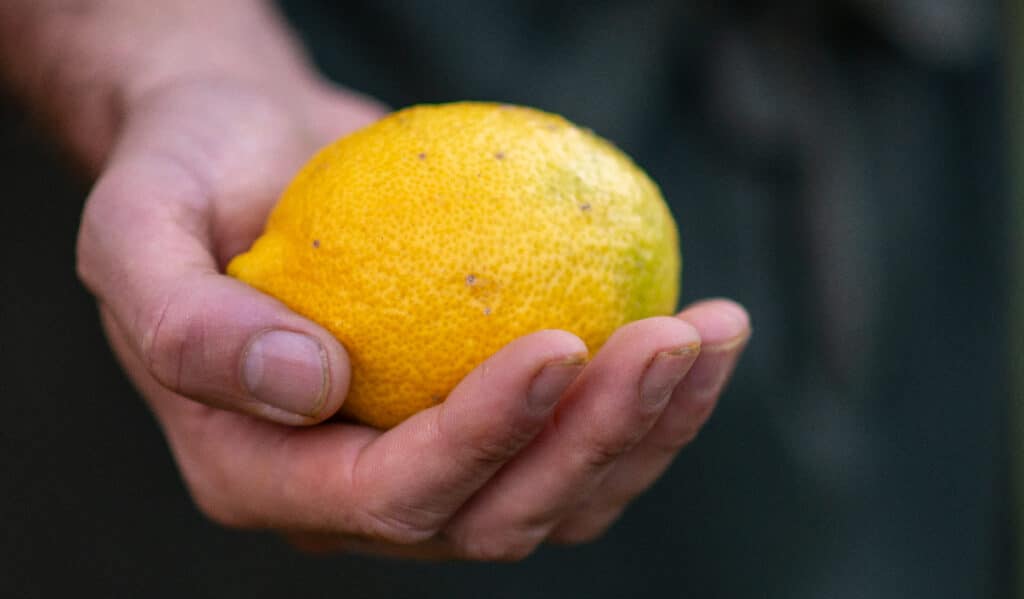Organic food isn’t just a trend—it’s a step towards a healthier, more sustainable lifestyle.
In this article, we explore what makes organic food truly different and why it can be a wise choice for both your wellbeing and the environment. From understanding the importance of certified organic products to highlighting key foods you should prioritise when going organic, we’ll guide you on how to integrate more organic options into your daily diet.
Let’s delve into the refreshing world of organic living and discover how a closer connection to nature can rejuvenate both body and mind.
What is organic food?
Organic food refers to produce and other ingredients grown without external treatment, including synthetic fertilisers, pesticides, and genetically modified organisms (GMOs). Meat – organic livestock – comes from cattle that are raised without the use of antibiotics or growth hormones. Instead, organic farming practices utilise natural substances and physical, mechanical, or biologically based farming methods.
Why is organic food beneficial to your health?
In Australia, organic products are certified by organisations such as Australian Certified Organic (ACO) and NASAA Certified Organic, which adhere to the National Standard for Organic and Biodynamic Produce.
Conventional farming often uses chemical pesticides to protect crops from pests and diseases. Unfortunately, residues from these chemicals can linger on produce and, over time, accumulate in the body. Organic farming, however, limits the use of synthetic pesticides, reducing your exposure to potentially harmful chemicals.
In addition to this, studies suggest that organic foods often contain higher levels of certain nutrients, such as antioxidants, than their conventionally grown counterparts. Antioxidants protect our cells from damage caused by free radicals linked to chronic diseases like heart disease, cancer, and neurodegenerative conditions.
By avoiding synthetic chemicals and focusing on crop rotation, composting, and other sustainable methods, organic farming also helps to preserve soil health, reduce water pollution, and support a more diverse ecosystem. By eating organically, you are taking care of not only your own health but also that of your environment.
Which foods should you choose organic?

While the benefits of eating organic extend to all types of food, some items are more important to buy organic due to their high pesticide residues when conventionally grown. The Environmental Working Group (EWG) releases an annual “Dirty Dozen” list, highlighting the fruits and vegetables most contaminated with pesticides.
Here’s what you should be putting in your shopping basket when going organic:
Strawberries: Strawberries consistently top the EWG’s list due to the high pesticide residues on conventionally grown strawberries.
Spinach: Leafy greens like spinach are particularly vulnerable to pests, which means they are often treated with multiple pesticides.
Apples: Apples are also prone to heavy pesticide use. Go organic for a crunchier, tastier bite.
Grapes: Grapes tend to carry a high pesticide load, so opt for organic grapes for a cleaner snack.
Potatoes: Potatoes absorb chemicals from the soil, and conventional farming methods often involve synthetic fertilisers and pesticides.
Tomatoes: Tomatoes can be heavily treated with pesticides and may also be genetically modified. Organic or home-grown tomatoes are a better choice for reducing pesticide exposure.
Milk: Conventional dairy farming often involves antibiotics and hormones, which can end up in the milk. Choosing organic milk can help avoid these additives and ensure better animal welfare standards.
Capsicums: These beautifully coloured peppers have thin skins, which makes it easier for pesticides to penetrate.
How to incorporate organic foods into your meals

Shop locally and seasonally
Seasonal produce is usually fresher and more affordable. Visit local farmers’ markets or join a community-supported agriculture (CSA) program, where you can often find cheaper organic produce.
Grow your own
Consider starting a small garden if you have space. Growing organic vegetables and herbs can be a cost-effective way to enjoy fresh, pesticide-free food. Even a few potted plants on a balcony can yield rewarding results. Make sure you visit Eden’s gardens during your next visit for inspiration!
Buy in bulk
Purchasing organic staples like grains, beans, nuts, and seeds in bulk can save money in the long run. Store them properly to keep them fresh.

At Eden Health Retreat, we are dedicated to helping you rejuvenate your body with the power of natural, organic ingredients. From boosting your nutrient intake to reducing your exposure to harmful chemicals, making the switch to organic food offers a range of benefits that go beyond your plate.
For inspiration, download our cookbook, A Taste of Eden here.





